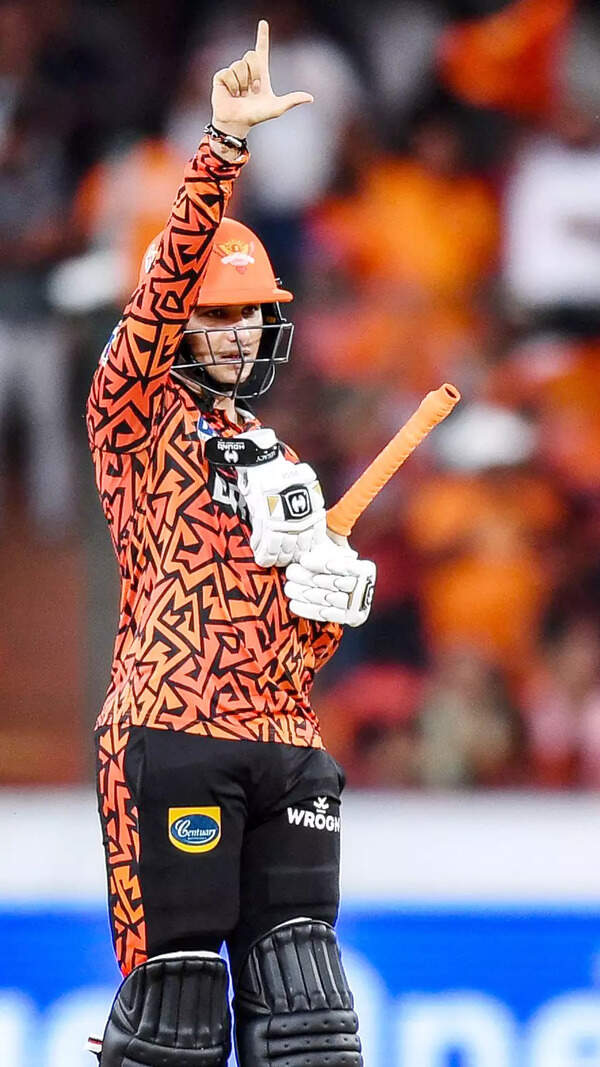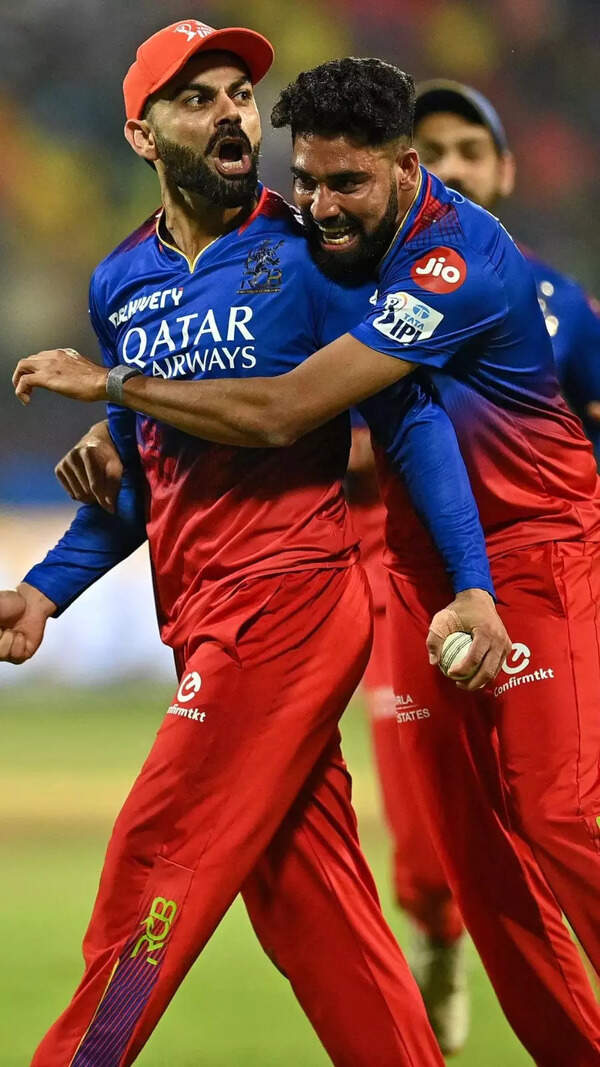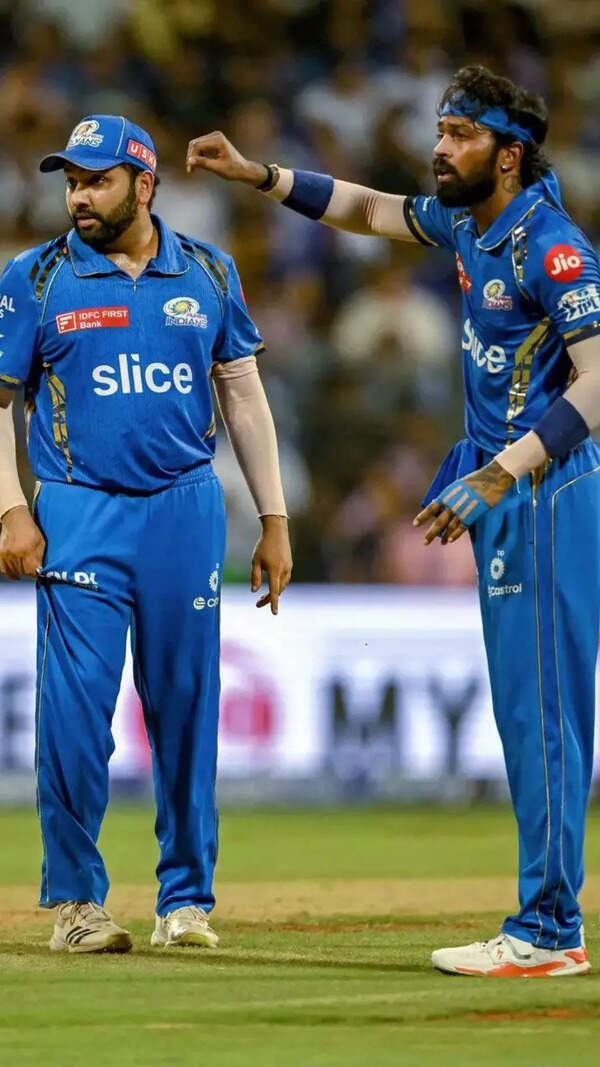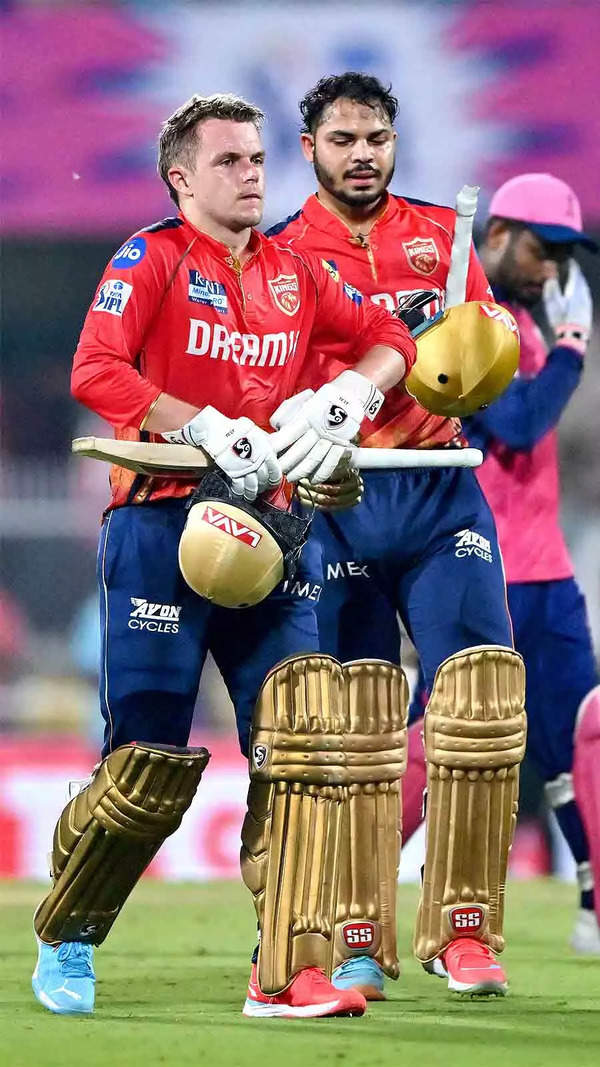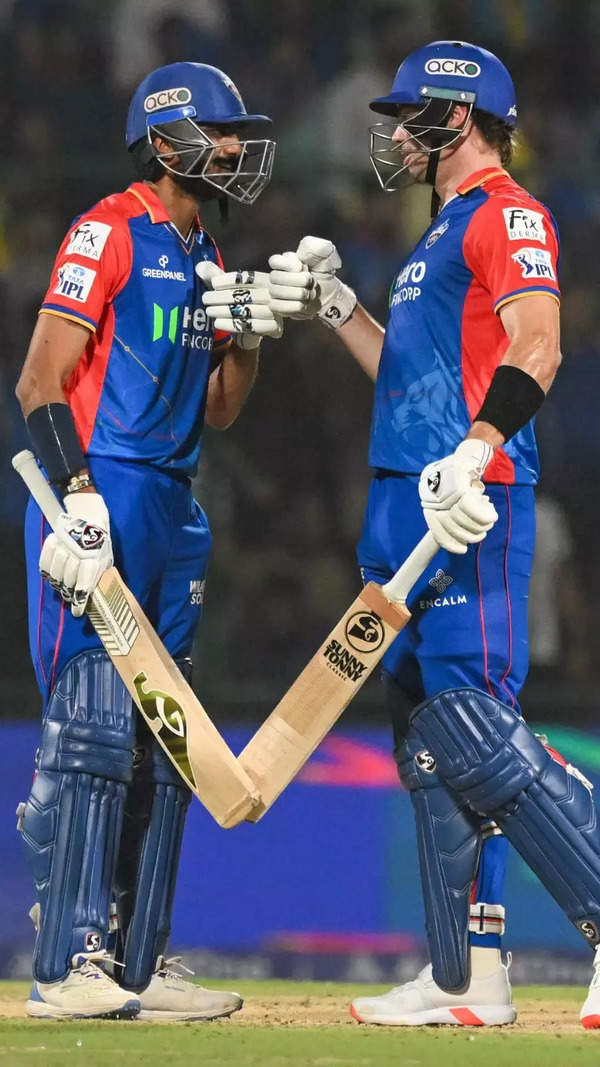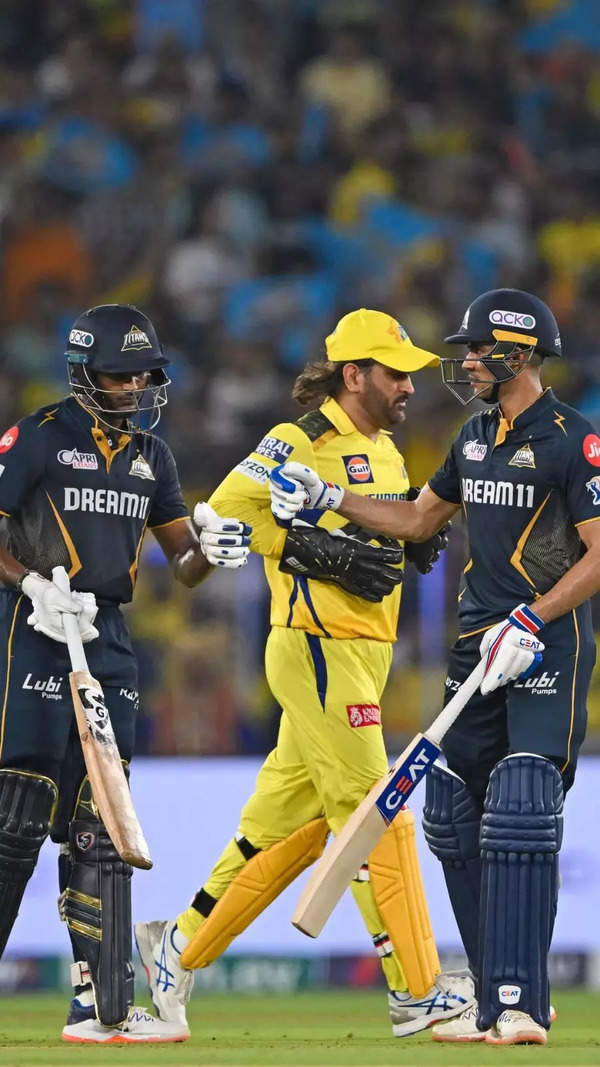- News
- Sports News
- Hockey News
- Hockey coach Graham Reid keen to spice up Indian flavour
Trending
This story is from June 9, 2019
Hockey coach Graham Reid keen to spice up Indian flavour
Graham Reid is the seventh foreign coach India have appointed in little over a decade. He is in the hot seat during a situation which is all too familiar in Indian hockey: hire a foreign coach in the run-up to the Olympics and expect him to work miracles. The 55-year-old Australian’s situation is no different with the 2020 Tokyo Olympics a little over a year away.
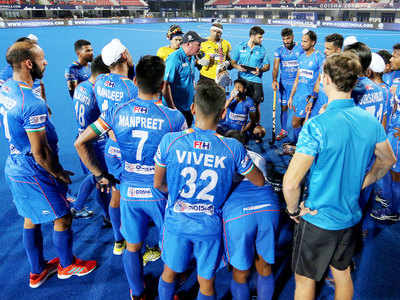
BHUBANESWAR: Graham Reid is the seventh foreign coach India have appointed in little over a decade. He is in the hot seat during a situation which is all too familiar in Indian hockey: hire a foreign coach in the run-up to the Olympics and expect him to work miracles. The 55-year-old Australian’s situation is no different with the 2020 Tokyo Olympics a little over a year away.
But Reid, a former IT professional who plunged into full-time coaching a decade ago with the Australian team, is looking at making optimum use of time, talent and resources available.In an exclusive interview with TOI, Reid spoke about his journey to India and the Indian hockey team’s path to Tokyo. Excerpts:
In the last decade India is the third country you are coaching, how’s the experience been?
It’s been fantastic. In each of the country the players have different skills. I don’t think one is necessarily better than the other, but they are different. I see somewhere in the way the Indians, Dutch and the Australians play, there is a triangle and in the middle of that triangle is the perfect way of playing. That’s something I would like to work on more and find out how to do that with the Indian flavour.
If I was worried about it, I wouldn’t take the job. We need patience, we need to build this team and we need to have stability. That’s the only message I can send out to whoever will listen.
Were you worried about the cultural differences?
Over the past decade, every year I’ve spent an average of 4-6 weeks in India. So, I was pretty comfortable and confident about the fact that I knew a fair bit about the Indian culture. Since I was with two Hockey India League teams, I knew many of the players fairly well.
What is one of your biggest challenges?
It is a difficult to get your message across in a different language. That was probably one of the major things I was concerned about when I applied for the job and I still get concerned sometimes. You think the players have understood what you have said, you assume that rather than knowing it. So, it is important that they are getting the message from different sources. When Manpreet (Singh) talks, I really make sure what I am trying to convey. He in turn ensures it is interpreted properly to them. One or two coaches also do the job.
How do you deal with the expectations that come with your job?
Of course, the expectations are there. A part of my job is to get people to understand those expectations. Like our last trip to Australia, you can’t expect the results to show overnight. It is going to take time. Any top team can beat the other on a particular day and we are seeing it in the Pro League. For me, the focus is on the process because if we get the process right, the result will come. With this team, the results will follow and I’m quite confident about that.
The players have played under three different coaches over the past two years. A Dutchman, an Indian and now an Australian, how do you deal with the different styles?
Everybody is the sum of their experiences, that’s life. This team is no different. I see a lot of what the previous coaches have taught them. Most of it is really good so that’s a nice base to build on. Having had Chris (Circello) with Harendra (Singh) was good because the transition has been quite seamless. The players are reasonably confident and comfortable with the way we are playing. If you have time you can make big changes, when you don’t then you must strike a balance with what you have.
Has it been easy to plan the route map to Tokyo given the time constraints?
I won’t lie, it is difficult but I believe in controlling the controllable. Also with the funding model we have from SAI, we have to plan ahead. There is a fair bit of what we have currently planned which we can’t tinker with much. But we can spend time worrying about it or make the best use of what we have. Pro League has also come in later in the planning so, we are chalking out the plans. We will have a review after the tournament to put in place what our next 12 months looks like and what we need to do. Once we have the review we will be in a better position.
What about the core group, have you spotted them?
The next 33 players that come into the camp in July will be very close to the group we will take forward. There is also a very nice group of youngsters who are in the junior side training with Jude Felix. I’m coordinating with him. In the first few weeks I was there I saw them play, there are some good and exciting talent.
But Reid, a former IT professional who plunged into full-time coaching a decade ago with the Australian team, is looking at making optimum use of time, talent and resources available.In an exclusive interview with TOI, Reid spoke about his journey to India and the Indian hockey team’s path to Tokyo. Excerpts:
In the last decade India is the third country you are coaching, how’s the experience been?
It’s been fantastic. In each of the country the players have different skills. I don’t think one is necessarily better than the other, but they are different. I see somewhere in the way the Indians, Dutch and the Australians play, there is a triangle and in the middle of that triangle is the perfect way of playing. That’s something I would like to work on more and find out how to do that with the Indian flavour.
Given India’s hire-and-fire policy with the coaches, did you have any apprehensions while taking up the job?
If I was worried about it, I wouldn’t take the job. We need patience, we need to build this team and we need to have stability. That’s the only message I can send out to whoever will listen.
Were you worried about the cultural differences?
Over the past decade, every year I’ve spent an average of 4-6 weeks in India. So, I was pretty comfortable and confident about the fact that I knew a fair bit about the Indian culture. Since I was with two Hockey India League teams, I knew many of the players fairly well.
What is one of your biggest challenges?
It is a difficult to get your message across in a different language. That was probably one of the major things I was concerned about when I applied for the job and I still get concerned sometimes. You think the players have understood what you have said, you assume that rather than knowing it. So, it is important that they are getting the message from different sources. When Manpreet (Singh) talks, I really make sure what I am trying to convey. He in turn ensures it is interpreted properly to them. One or two coaches also do the job.
How do you deal with the expectations that come with your job?
Of course, the expectations are there. A part of my job is to get people to understand those expectations. Like our last trip to Australia, you can’t expect the results to show overnight. It is going to take time. Any top team can beat the other on a particular day and we are seeing it in the Pro League. For me, the focus is on the process because if we get the process right, the result will come. With this team, the results will follow and I’m quite confident about that.
The players have played under three different coaches over the past two years. A Dutchman, an Indian and now an Australian, how do you deal with the different styles?
Everybody is the sum of their experiences, that’s life. This team is no different. I see a lot of what the previous coaches have taught them. Most of it is really good so that’s a nice base to build on. Having had Chris (Circello) with Harendra (Singh) was good because the transition has been quite seamless. The players are reasonably confident and comfortable with the way we are playing. If you have time you can make big changes, when you don’t then you must strike a balance with what you have.
Has it been easy to plan the route map to Tokyo given the time constraints?
I won’t lie, it is difficult but I believe in controlling the controllable. Also with the funding model we have from SAI, we have to plan ahead. There is a fair bit of what we have currently planned which we can’t tinker with much. But we can spend time worrying about it or make the best use of what we have. Pro League has also come in later in the planning so, we are chalking out the plans. We will have a review after the tournament to put in place what our next 12 months looks like and what we need to do. Once we have the review we will be in a better position.
What about the core group, have you spotted them?
The next 33 players that come into the camp in July will be very close to the group we will take forward. There is also a very nice group of youngsters who are in the junior side training with Jude Felix. I’m coordinating with him. In the first few weeks I was there I saw them play, there are some good and exciting talent.
End of Article
FOLLOW US ON SOCIAL MEDIA
